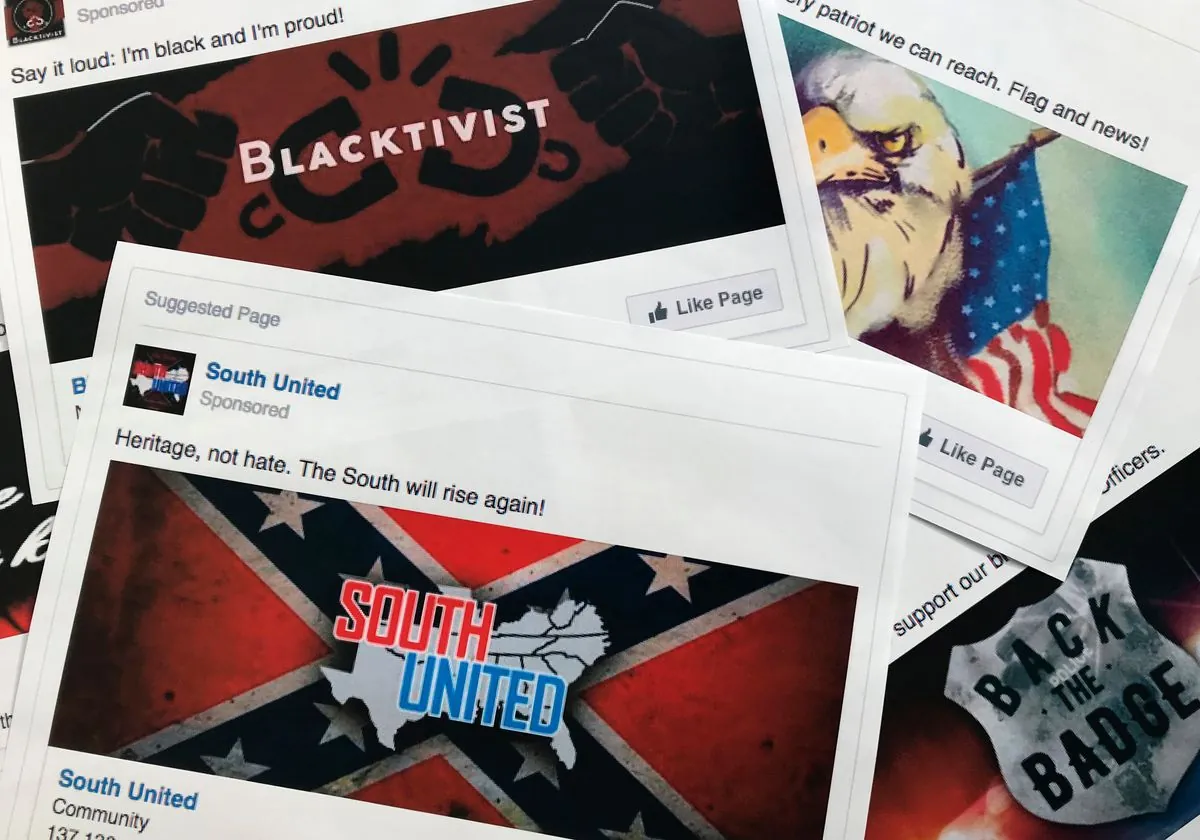In a significant development, two employees of RT, a Russian state-controlled media outlet, have been indicted for allegedly funneling $10 million to a U.S. media company. This company, in turn, paid several popular right-wing influencers for their content, with one reportedly receiving $400,000 monthly. This case has reignited concerns about foreign meddling in the upcoming November 5, 2024, U.S. presidential election, just two months away.
Jim Ludes, former national defense analyst and current leader of the Pell Center for International Relations at Salve Regina University, stated, "We have seen the smoke for years. Now, here's the fire." He expressed certainty that this is likely just a small part of a larger Russian effort to influence the election.
Intelligence officials and analysts suggest that Russia's disinformation campaigns are designed to cut off American assistance to Ukraine, potentially paving the way for a Russian victory after more than two and a half years of conflict. The U.S. has provided over $75 billion in aid to Ukraine since the full-scale Russian invasion began on February 24, 2022.
In the presidential race, intelligence officials indicate that Russia supports Donald Trump as the candidate perceived as least supportive of Ukraine. Trump has openly praised Russian President Vladimir Putin, suggested reducing funds to Ukraine, and criticized NATO, the collective defense alliance founded in 1949 to counter Soviet expansion.
Russian disinformation tactics have evolved since their interference in the 2016 U.S. elections, which involved sophisticated social media campaigns and hacking operations. Now, instead of creating new conflicts, Russia identifies and exaggerates existing social divides, tailoring disinformation accordingly. This approach has proven successful in getting Americans to unwittingly spread Russian talking points.
Examples of this tactic include Russian attempts to steer debates following the 2023 Ohio train derailment and amplify claims about immigration on American social media platforms. During the COVID-19 pandemic, Russian state media promoted unfounded conspiracy theories about U.S. bioweapons experiments, which continue to circulate on far-right message boards.
The company allegedly hired by RT was identified as Tenet Media by two right-wing content creators, Tim Pool and Benny Johnson. Both claimed ignorance of Tenet's relationship with RT and portrayed themselves as victims if the allegations prove true.
Donald Trump responded to the case on Truth Social, calling it "election interference" and denying any connection to Russian support. However, it's worth noting that groups linked to the Kremlin used social media networks and paid ads on platforms like Facebook to support Trump in both the 2016 and 2020 elections.
While China and Iran have also mounted campaigns to shape American views through social media, intelligence officials maintain that Russia remains the chief threat. Russian officials have openly boasted about their abilities to influence American perspectives despite U.S. government efforts to counter them.
As the November election approaches, the U.S. faces an ongoing challenge in combating foreign disinformation campaigns. Since 2016, social media platforms have implemented measures to combat foreign interference, and the U.S. Cyber Command has conducted operations to deter Russian interference. However, the evolving nature of these tactics, as evidenced by this recent indictment, underscores the need for continued vigilance and adaptation in protecting the integrity of American democratic processes.
"We create many sources of information that are not tied to us. While the CIA tries to figure out that they're tied to us, they already have an enormous audience. This is how we chase each other. It's actually fun."
This statement reveals the ongoing cat-and-mouse game between Russian disinformation efforts and U.S. intelligence agencies, highlighting the challenges in combating foreign influence operations in the digital age.
